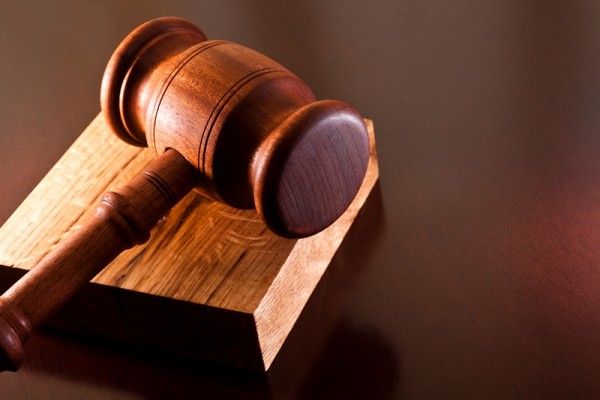How Social Media Might Impact Your Personal Injury Case
The use of social media has exploded around the United States and the world in recent years. As recently as 2014, studies were showing that three-quarters of the adults who use the internet worldwide also made use of social media platforms, and the number has swelled since then. The fact is that it is often impossible to live without some kind of social media footprint in more populous areas, too, because even when you opt out of an account, friends and loved ones may share your pictures or information about you.
It’s probably not a big surprise, then, that the courts have begun to use social media in a variety of ways to gather evidence, and it shouldn’t be a big surprise when these techniques are applied just as much to civil cases as to criminal ones. If you are currently pursuing a personal injury case, that means that your social media postings might be relevant to your claims of emotional distress or lost income, among other things.
Is It Legal?
The short answer is, yes. Whatever you post on social media is considered to be stated in public or published, especially if it is publicly viewable. When you use privacy settings to have restricted conversations, or when you use messaging systems that do not involve widespread social interaction and sharing, this can change. For the most part, though, if you disclose it about yourself on an internet site, you should expect that it is going to be admissible in court, the same way that witness testimony or video about your statements and behavior is admissible.
The Effects on Damages
Generally speaking, unless you do something that drastically alters the facts of your case like admitting to being liable for the accident, your social media posts can not change whether or not the other party is liable for your basic injuries and medical expenses. When it comes to claims about being unable to work or emotional damages, though, social media can often play a fairly large role in the outcome. Your exploits on social media can undermine claims related to your emotional state even when those claims are valid if they are presented out of context and with a compelling explanation. That poses a problem for many potential plaintiffs.
Social Media Practices
Generally, if you are involved in pending legal matters your lawyer will advise you not to discuss them with anyone publicly until they are resolved. The same advice tends to be the best advice for social media. If you need to let people know basics about your condition as you recover, it is best to be factual and to keep your communications to private channels until you are through with any delicate negotiations or proceedings that can be affected by your social media postings. That way, it won’t be possible for people to misrepresent your online communications.

lawyers are experienced in handling car accident cases and will ensure you get your accident injury claim handeld by an experienced injury lawyer.We can provide you with auto accident attorneys in many cities across the United States of America such as Riverside, Orange County, Los Angeles, San Fernando Valley, Pomona, Ontario, Newport Beach, and San Jose. See our locations section for all cited represented: AA-Accident Attorneys Injury Lawyer Locations. A California Car Accident Lawyer that will fight for you!


